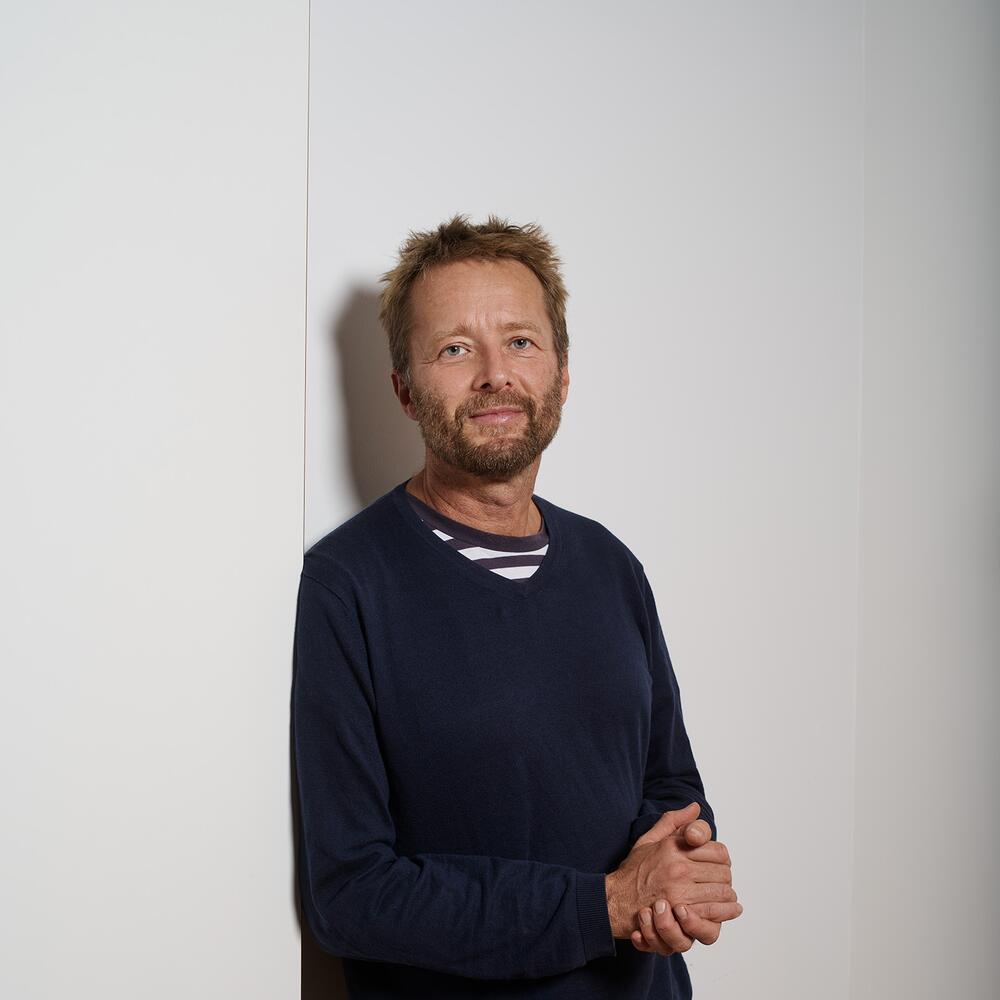
Univ.-Prof. Mag.
Johannes Maria Staud
Important ensemble works of recent years include "Auf diestimme der Weißen Kreide (Specter I-III)", premiered in 2015 at the Festival Musica in Strasbourg, and the diptych "Par ici - Par là", presented for the first time in its entirety by the Ensemble Intercontemporain at the Kölner Eight Bridges Festival. The violin concerto "Oskar (Towards a Brighter Hue II)" composed for Midori had already had its world premiere in 2014 at the Lucerne Festival, as did the opera "Die Antilope" based on a libretto by Durs Grünbein. The poet also provided the text for "Der Riss durch den Tag" (2011), a monodrama for Bruno Ganz. In the new opera "Die Weiden" (world premiere in December 2018 at the Vienna State Opera), Johannes Maria Staud and Durs Grünbein reflect on current political tendencies. It tells the story of a young couple who undertake a river journey, "into the heart of darkness" - right in the heart of Europe, a continent that has recently been torn apart again. Downstream (as the title suggests) was Johannes Maria Staud's last major orchestral work, which was premiered last season by the Royal Danish Orchestra with its new chief conductor Alexander Vedernikov and was subsequently performed in Vienna (Vienna Symphony Orchestra under Francois-Xavier Roth), Cleveland and New York (both with the Cleveland Orchestra under Franz Welser Möst). The 2018/19 season starts again with a great orchestral work: "Scattered Light" is inspired by John Cage and the New York School. Without a conductor, the Vienna Philharmonic premiered the work as part of the Wien Modern opening concert and then made a guest appearance in Berlin. In 2015/16 Johannes Maria Staud returned to the university where he had started his compositional training and replaced his former teacher Michael Jarrell as composition professor; since autumn 2018 he has been Univ.-Prof. works for composition at the Mozarteum University in Salzburg.